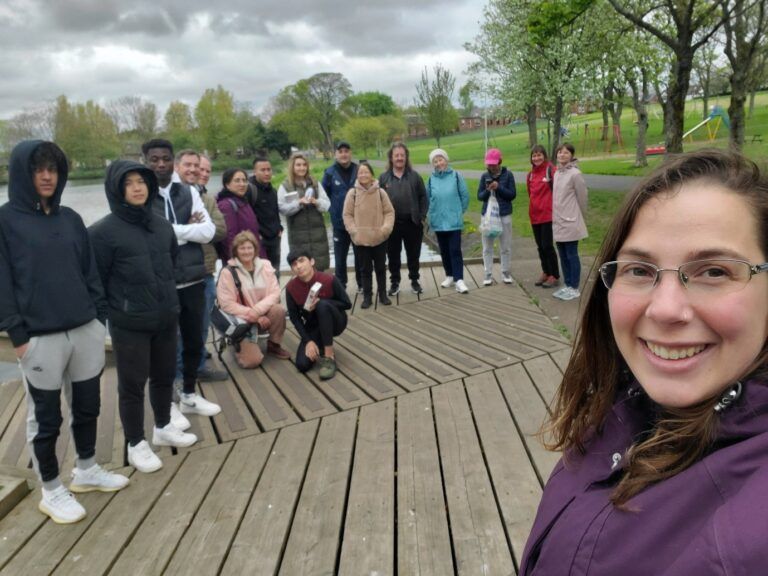Impact
Integration into the community: Improved English language skills have helped ESOL learners feel more included and integrated into their local community.
This is demonstrated by their increased confidence and participation in volunteer jobs.
Preparation for employment: The enhanced English language skills have better prepared learners for work opportunities. Some learners have gained enough confidence to apply for jobs within the council.
Empowerment in learning: Learners are taking more control over their learning experiences and preferences. The establishment of ESOL constituted group, Creative Culture, highlights their active involvement in planning and personalizing activities.
Pathways to accreditation and employability: The program supported learners’ progression into accredited courses and employability opportunities.
Supporting family learning: By encouraging teamwork within families, the program fostered confidence in learners to support their family members’ learning.
This strengthened family bonds and empowered parents to assist their children’s education.
Improved communication skills: Learners exhibited improved confidence and skills in interacting and communicating with others in various aspects of their lives.
Some learners took on leadership roles like hosting games and delivering presentations.
Problem-solving and decision-making: Participants’ ability to address challenges and adapt to changes demonstrated their growing confidence in problem-solving and decision-making.




